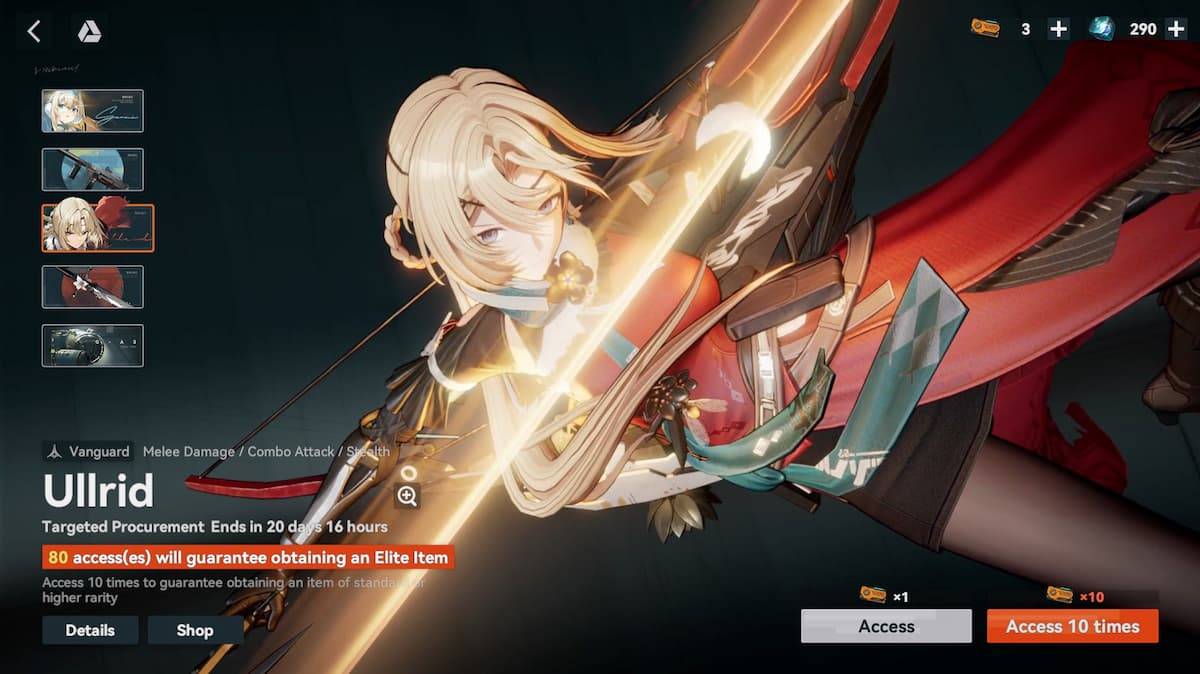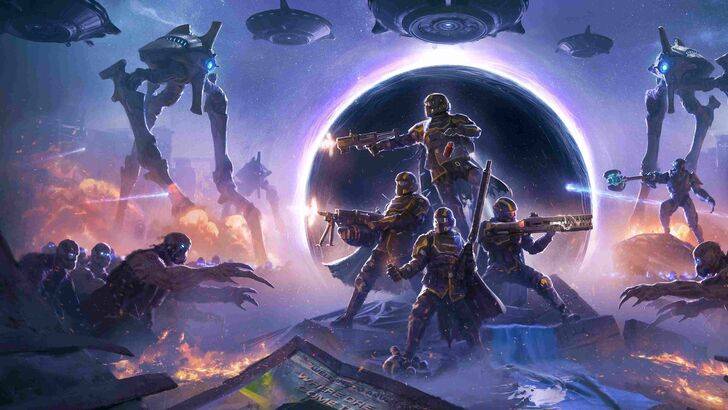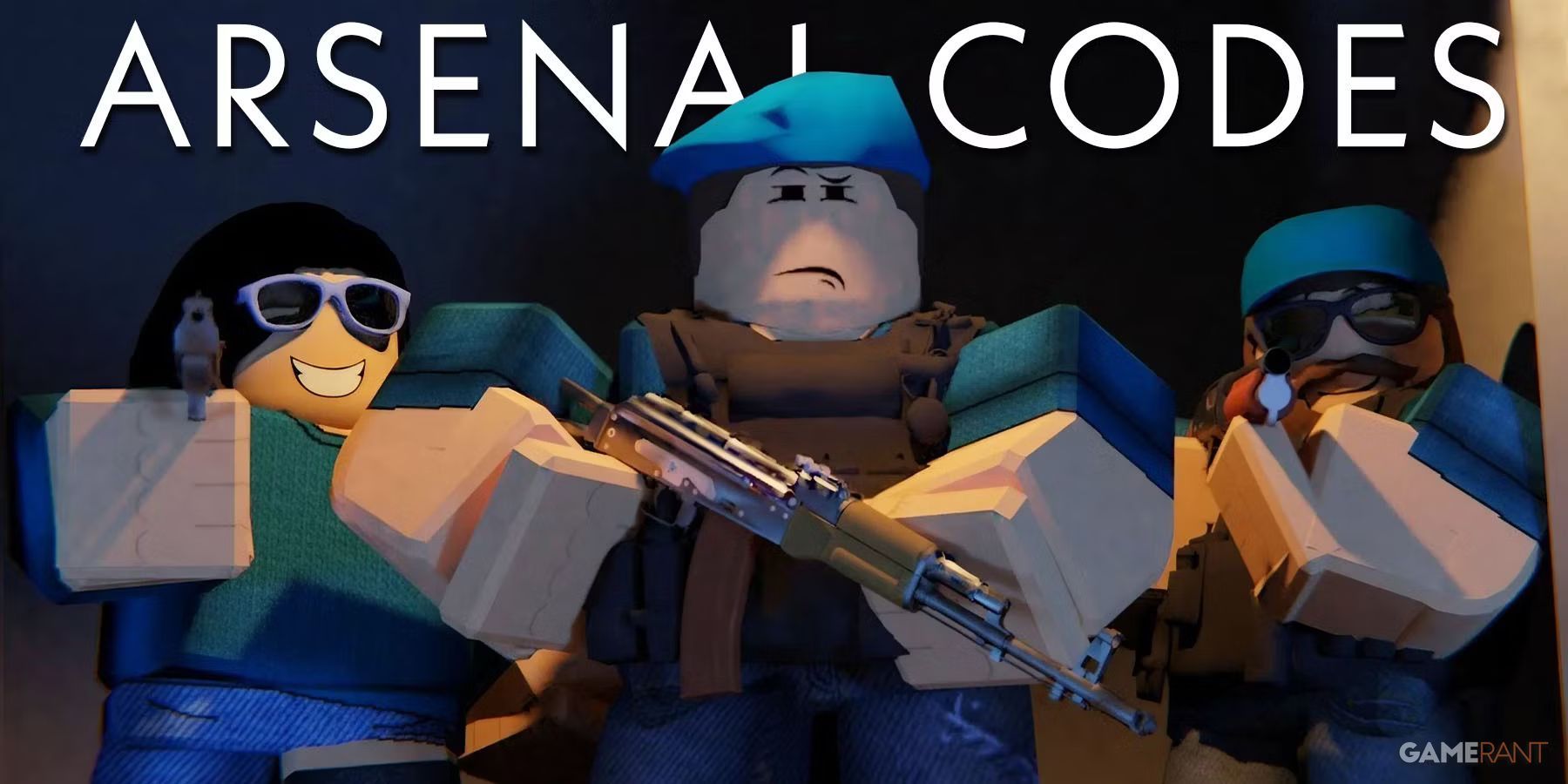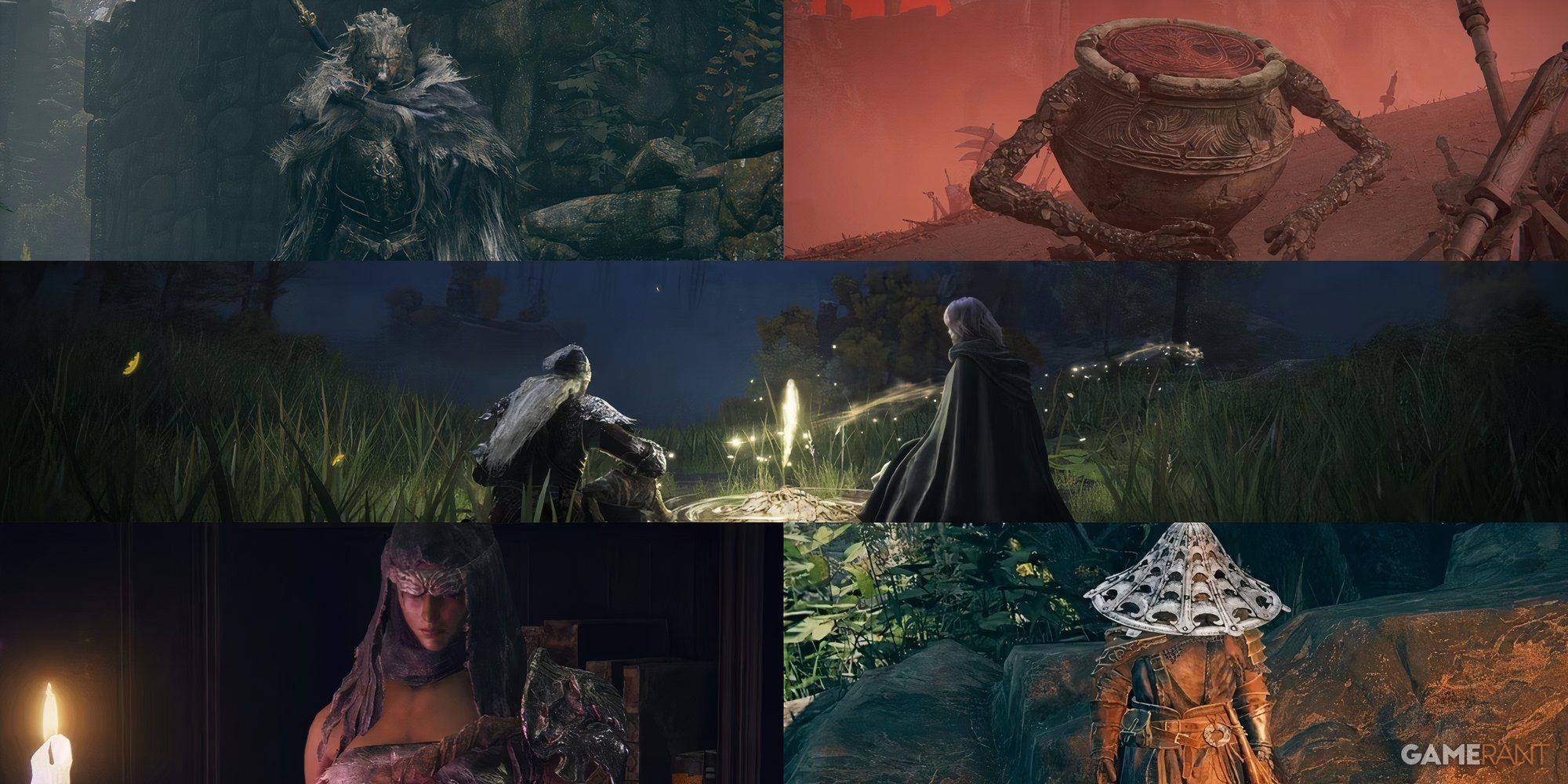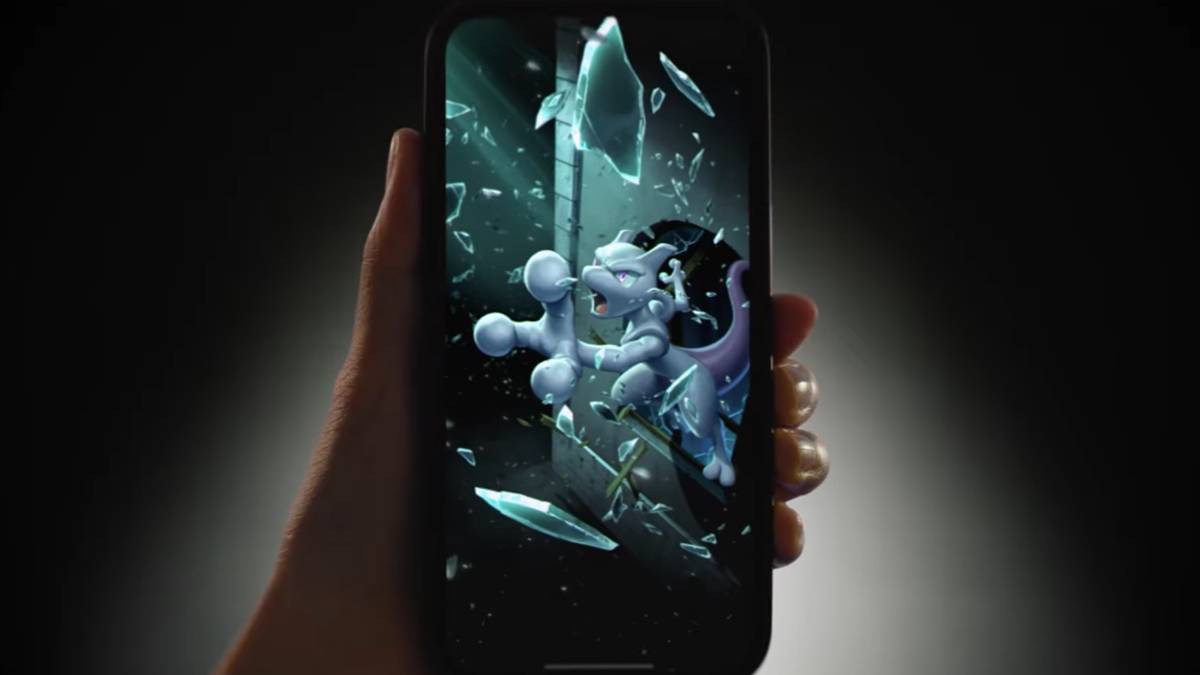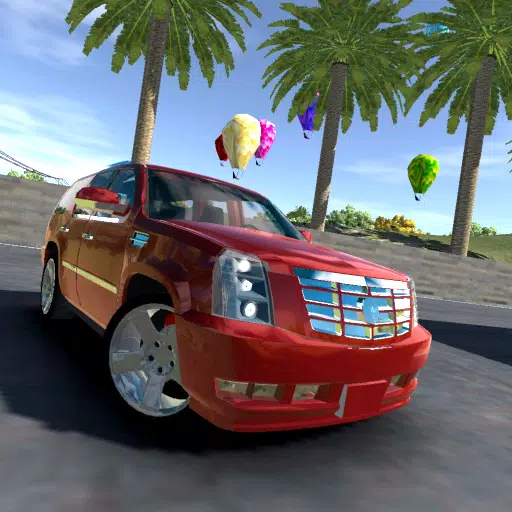"Kojima's 'Forgetting Game': Play Too Long, Lose Skills"
Hideo Kojima, the visionary behind Metal Gear Solid and Death Stranding, offers a fascinating glimpse into his creative process through his Japanese radio podcast, KOJI10. In the latest episode (Episode 17), Kojima delves into the innovative use of real-life time mechanics in video games, sharing both implemented features and scrapped ideas, including one from the upcoming Death Stranding 2: On The Beach.
Kojima is well-known for integrating the system clock of consoles and PCs into gameplay. He cites two notable examples from Metal Gear Solid 3: Snake Eater, released in 2004 for the PS2. To enhance the realism of jungle survival, food in the game would spoil after a few days in real time. Consuming rotten food could severely sicken Snake, or players could creatively use spoiled food as a weapon against enemy soldiers by throwing it at them.
Death Stranding 2 Cast

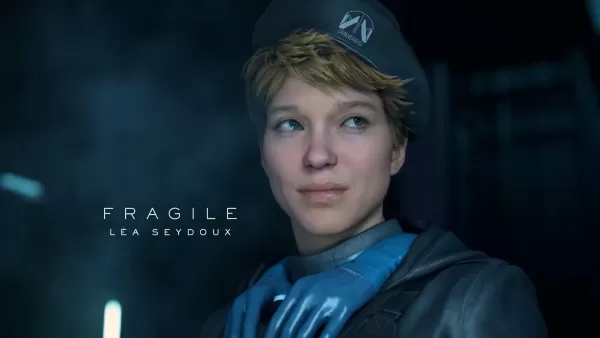 View 14 Images
View 14 Images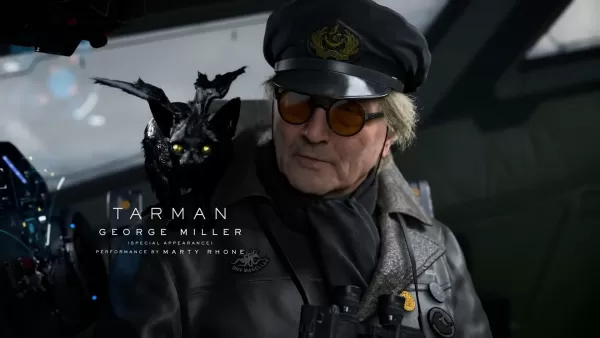
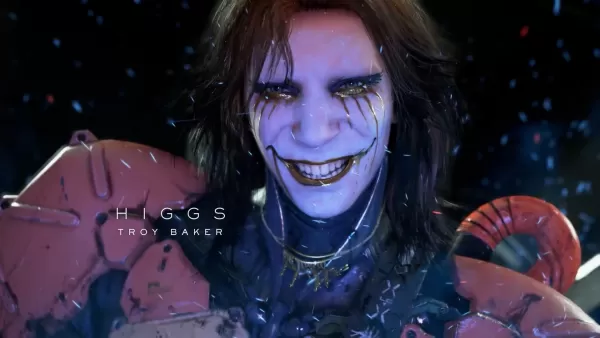
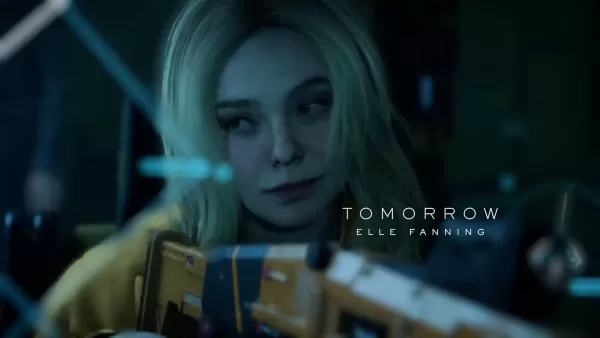
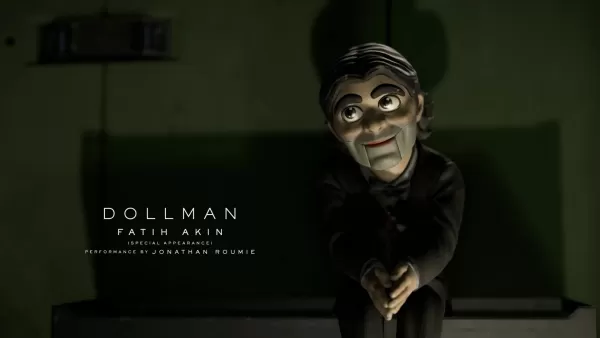
Another example from MGS3 is the strategic use of real-time aging in the boss battle against The End, an elderly sniper. Kojima notes, "Although he is a really tough boss, if the player waits a week, The End will die of old age." By loading a saved game a week later, players witness a cutscene where Snake discovers The End deceased, showcasing an innovative use of the system clock.
Kojima also shared an unimplemented idea for Death Stranding 2, where Sam's beard would grow over time, requiring players to shave it. "Originally in Death Stranding 2, I was going to have Sam’s beard gradually grow out over time, and the player would have to shave it. If they didn’t, Sam would end up looking unkempt," he explains. However, due to Norman Reedus's star status, Kojima opted not to proceed with this concept, though he remains open to using it in future projects.
Furthermore, Kojima outlined three unique game concepts centered around the passage of real-life time. The first is a "game of life" where the player character ages from childhood to old age, affecting gameplay mechanics and strategies. "It starts out with the player being born, you’re a child and then gradually over time you become an adult. In the game, you fight various enemies. Like with the previous example (MGS3’s The End), if you keep playing the game, you will become a 70 or 80-year-old man. However, at this age, you will be weaker, your eyesight will worsen. When you are a teenager, you’ll be able to run faster but by the time you reach 60 you’ll slow down a bit," Kojima elaborated. Despite skepticism about its marketability, the concept received enthusiastic feedback from his podcast co-hosts.
Another proposed game would focus on the maturation of items like wine or cheese, requiring players to engage with the game over extended periods, suitable as a background or idle game. Conversely, Kojima's "forgetting game" concept would challenge players to play quickly, as the protagonist gradually forgets essential skills and information during breaks from the game. "Players would have to take a week off work or school to play it," Kojima humorously remarked.
As fans eagerly anticipate Death Stranding 2's release on June 26, many are ready to take time off to immerse themselves in Kojima's latest creation. For more insights, check out our interview with Kojima and our impressions after playing through the first 30 hours.
Latest Articles



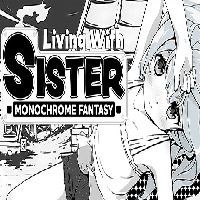



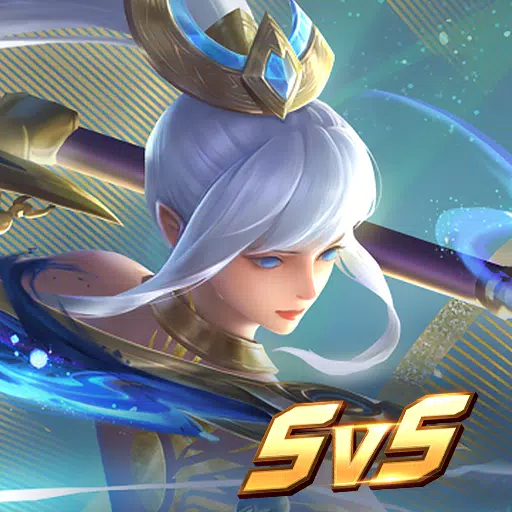



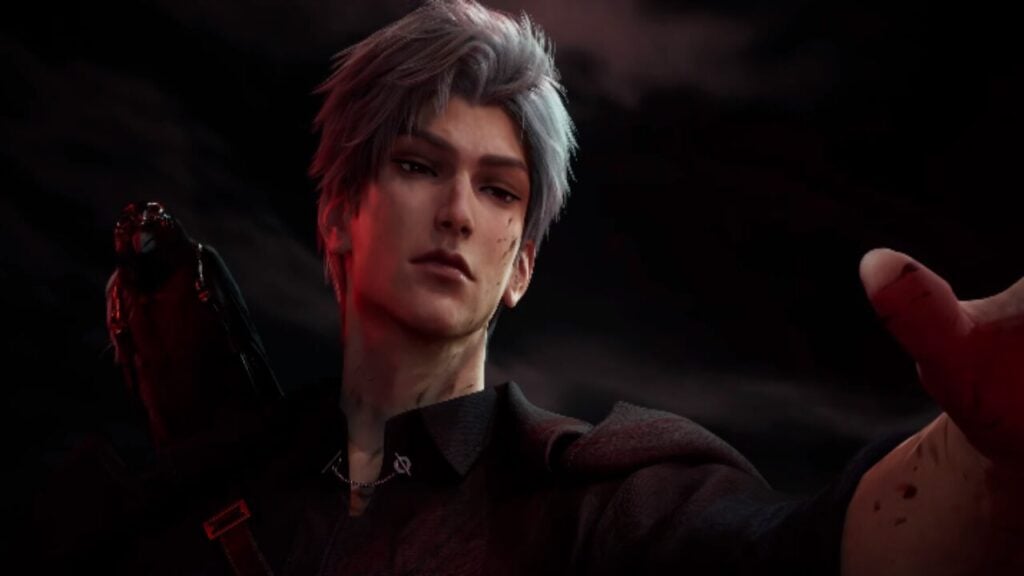
![Roblox Forsaken Characters Tier List [UPDATED] (2025)](https://images.dyk8.com/uploads/18/17380116246797f3e8a8a39.jpg)
